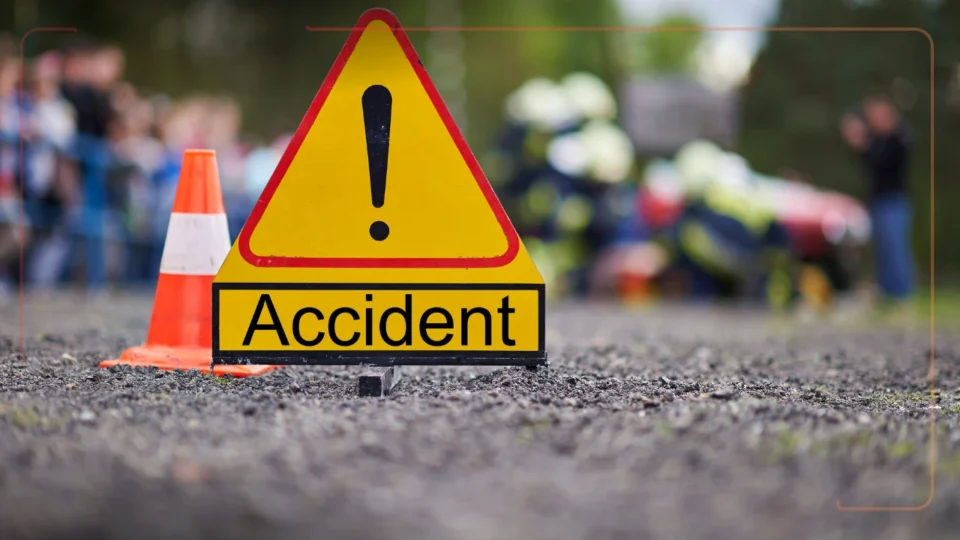Road accidents remain one of the most common causes of injury across the UK. From minor bumps to serious collisions, the consequences can disrupt every part of daily life. Many people face hospital treatment, time off work, financial pressure, and the emotional strain of recovery. Making a road traffic accident claims can help ease this burden by providing compensation for losses and recognising the impact of the injury.
Understanding how the process works is the first step towards finding out if you could make a claim.
Who Can Make a Claim?
Every road user has a duty of care to act responsibly and follow the Highway Code. If another driver, cyclist, or road user fails to meet this duty and causes an accident that leaves you injured, you may be entitled to claim.
Typical situations include:
- Drivers ignoring traffic lights or speeding.
- Careless or dangerous driving.
- Collisions caused by failing to give way or not paying attention.
If your injury was the direct result of someone else’s mistake, you may have a valid claim for compensation read more about personal injury claims.
Types of Road Traffic Accident Claims
Accidents happen in many ways, and injuries can range from minor whiplash to life-changing conditions. Some of the most common claims involve:
- Car accident claims – covering injuries to both drivers and passengers. Even if you weren’t driving, you could still be eligible to claim.
- Cycling accidents – often serious because cyclists are particularly vulnerable.
- Pedestrian accidents – including incidents on crossings, pavements, or junctions.
- Public transport claims – injuries suffered on buses, taxis, or coaches due to driver negligence.
- Uninsured or hit-and-run drivers – where claims may be made through the Motor Insurers’ Bureau (MIB).
Every case is unique, so it’s important not to rule yourself out without checking your situation.
The Importance of Medical Evidence
One of the most crucial parts of a claim is medical evidence. Seeking medical treatment as soon as possible helps both your recovery and your case. A medical report will confirm:
- How serious your injuries are.
- The treatment you need.
- Your expected recovery time.
- Any long-term effects on your health or lifestyle.
Solicitors usually arrange an independent medical assessment to ensure the claim is properly supported.
What Compensation Can Cover
Compensation is designed to make life easier after an accident. Awards are typically split into two main areas:
General damages – covering physical and emotional suffering, recovery time, and any lasting impact.
Special damages – covering financial losses such as:
- Lost income from time off work.Ongoing or future loss of earnings.
- Medical bills, rehabilitation, or physiotherapy.
- Travel expenses linked to treatment.
- Professional or family care costs.
Keeping records such as receipts, payslips, or invoices can strengthen your claim for special damages.
Time Limits for Making a Claim
Most road traffic accident claims must be started within three years of the incident, in line with the Limitation Act 1980. Exceptions include:
- For children, the three years start from their 18th birthday.
- For people without mental capacity, the limit is paused until recovery (if recovery happens).
If you’re unsure about deadlines, it’s best to seek advice quickly so you don’t miss the opportunity to claim.
What if the Other Driver Is Uninsured or Untraceable?
Accidents with uninsured or untraceable drivers are unfortunately common. However, compensation may still be available through the Motor Insurers’ Bureau. The MIB was created to help people in these situations, ensuring that innocent victims are not left without support.
No Win No Fee Agreements
A major concern for many people is the cost of legal action. The good news is that many solicitors offer No Win No Fee (Conditional Fee) agreements, meaning:
- You don’t pay upfront legal fees.
- If the case doesn’t succeed, you don’t pay solicitor fees.
- If successful, the solicitor takes a capped percentage of the compensation.
This arrangement allows people to make a claim without worrying about large legal costs.
Suggestion: How Much Should A Baby Weigh To Face Forward In Car Seat?
How Long Does a Claim Take?
The length of time varies depending on the case. Straightforward claims can sometimes be settled in a few months, while more complex cases take longer. Factors include:
- The type and seriousness of your injuries.
- Whether the other party admits fault.
- How long it takes to gather medical and financial evidence.
- Whether court proceedings are required.
The key is ensuring your claim is valued fairly, even if this means a longer process.
Final Word
No two accidents are the same, and no two claims are identical. Whether you were driving, cycling, walking, or travelling as a passenger, compensation could help you rebuild after an accident that wasn’t your fault. It can cover medical costs, lost earnings, and the wider impact on your daily life.
If you’ve suffered an injury in a road accident, it’s worth checking your options. With the right advice and support, you may be able to secure the compensation you need to move forward.

